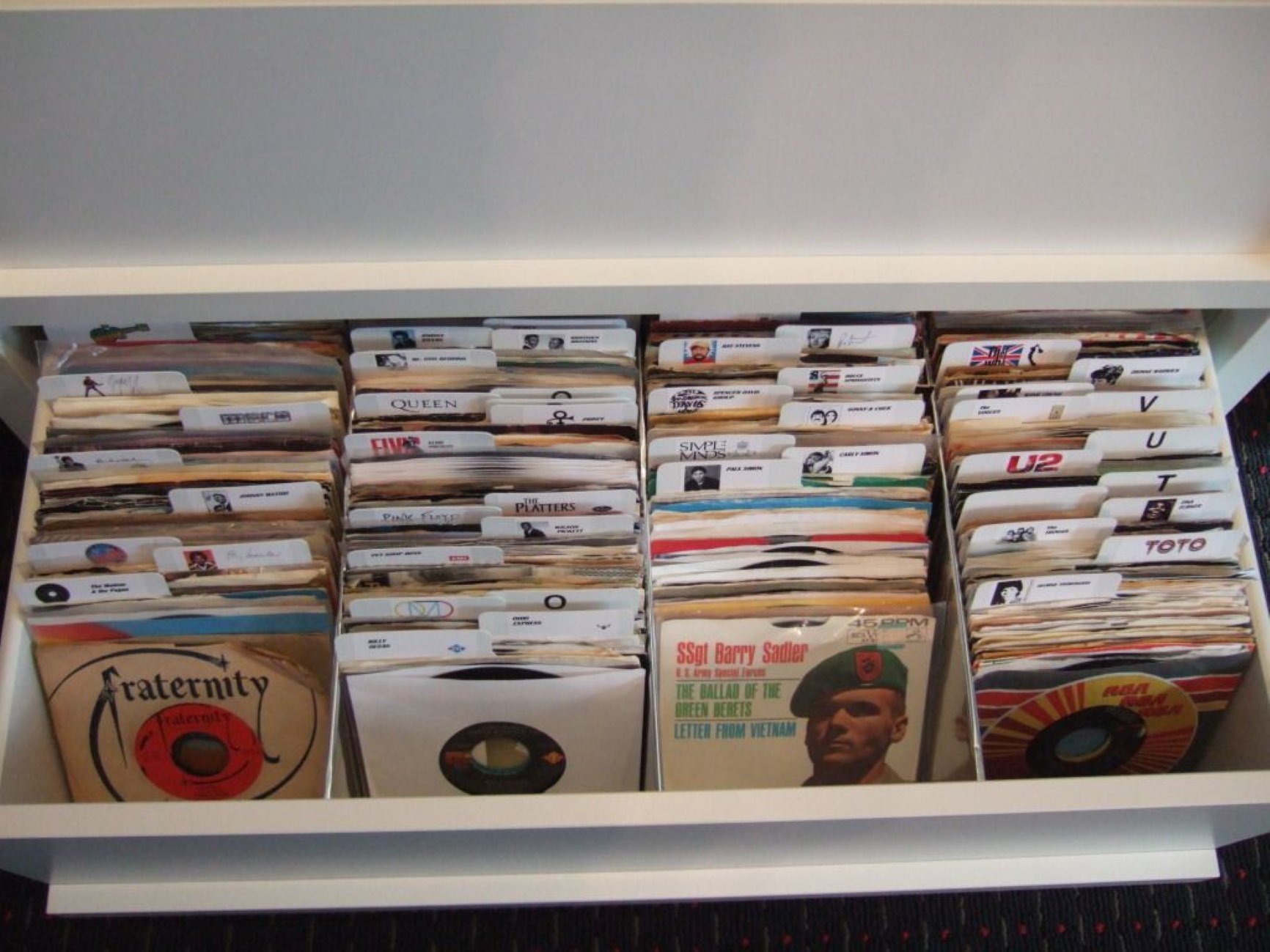

Articles
How To Store Vinyls
Modified: April 23, 2024
Learn the best way to store your vinyl records with our informative articles. Protect your collection and prolong the life of your favorite albums.
(Many of the links in this article redirect to a specific reviewed product. Your purchase of these products through affiliate links helps to generate commission for Storables.com, at no extra cost. Learn more)
Introduction
Vinyl records have made a remarkable resurgence in recent years. They offer a unique and authentic listening experience that cannot be replicated by digital formats. As a vinyl enthusiast, you understand the importance of preserving and storing your collection properly. Whether you have a few records or a vast collection, it’s crucial to ensure they are stored in a way that maintains their quality and longevity.
In this article, we will guide you through the process of storing vinyl records effectively. From choosing the right storage space to organizing and handling your records, we will cover all the essential steps to keep your vinyl collection in pristine condition. Let’s dive in.
Key Takeaways:
- Preserve your vinyl collection by choosing the right storage space, cleaning and preparing your records, and selecting suitable storage containers. Organize, handle, and maintain a suitable environment for long-term storage to ensure the longevity and quality of your vinyls.
- Create a stable and controlled environment for your vinyl records by avoiding direct sunlight, controlling temperature and humidity, and protecting against dust and dirt. Choose the right storage containers, organize your collection, handle and store your vinyls properly, and maintain a suitable environment to preserve the sound quality and integrity of your records.
Read more: How To Store Vinyl Albums
Choosing the Right Storage Space
When it comes to storing vinyl records, the first step is to choose the right storage space. Ideally, you want a location that provides a stable and controlled environment to protect your records from potential damage. Here are some factors to consider when selecting the storage space for your vinyl collection.
Avoid Direct Sunlight: Sunlight can cause the records to warp and fade over time. Choose a space away from windows or use curtains or blinds to block out direct sunlight.
Temperature and Humidity Control: Vinyl records are sensitive to extreme temperature and humidity fluctuations. It is recommended to store records in a room with a temperature between 65-70°F (18-21°C) and a humidity level between 40-50%. If you live in an area with high humidity, consider investing in a dehumidifier to maintain optimal conditions.
Dust and Dirt Protection: Dust and dirt can harm the grooves of the records and affect the sound quality. Keep your storage space clean and use record sleeves or polyethylene inner sleeves to protect the vinyl surfaces from dust accumulation.
Avoid High-Traffic Areas: Choose a storage space away from high-traffic areas to minimize the risk of accidental damage. Foot traffic can lead to vibrations and potential accidents that could result in scratches or breakage.
Sturdy and Stable Shelves or Racks: Invest in sturdy and stable shelves or racks specifically designed for vinyl records. Avoid storing records on top of each other or in stacks, as this can cause warping and damage to the lower records from the weight. Ensure that the shelves or racks are properly secured to prevent any accidents or collapses.
Away from Moisture and Water Sources: Water is the enemy of vinyl records. Keep your storage space away from areas prone to moisture or water leaks, such as basements or bathrooms.
Security: Vinyl records can hold substantial value, both monetarily and sentimentally. If you have valuable records in your collection, consider adding security measures such as locks or alarms to your storage space to protect your collection from theft or unauthorized access.
By keeping these factors in mind, you can ensure that your vinyl records are stored in an optimal environment that preserves their condition and sound quality. In the next section, we will discuss the process of cleaning and preparing your vinyls for storage.
Cleaning and Preparing Vinyls for Storage
Before storing your vinyl records, it is crucial to clean and prepare them properly. This step ensures that your records are free from dust, dirt, and other contaminants that can cause damage over time. Here’s a step-by-step guide on cleaning and preparing your vinyls for storage:
1. Gather Your Cleaning Supplies: Start by gathering the necessary cleaning supplies. You will need a record cleaning brush or a carbon fiber brush, a record cleaning solution, and a lint-free cloth.
2. Remove Dust and Debris: Gently remove any visible dust or debris from the record surfaces using a record cleaning brush or a carbon fiber brush. Make sure to brush in the direction of the grooves to avoid pushing debris further into the record.
3. Clean the Record Surface: Apply a small amount of the record cleaning solution to a lint-free cloth and carefully wipe the record surface in a circular motion. Be gentle and avoid pressing too hard, as excessive pressure can cause scratches. Pay particular attention to any stubborn marks or fingerprints, and gently work them out with the cloth.
4. Dry the Records: After cleaning, allow the records to air dry completely. Avoid using any heat sources or blow dryers, as high heat can damage the vinyl. Make sure the records are completely dry before storing to prevent mold or mildew growth.
5. Inner Sleeves: Replace any damaged or worn inner sleeves with new ones. Inner sleeves protect the vinyl surface from scratches and dust accumulation. Consider using anti-static inner sleeves to minimize static buildup, which can attract dust and affect sound quality.
6. Outer Sleeves: Consider placing your records in outer plastic sleeves for extra protection. Outer sleeves help protect the record covers from wear and tear, as well as moisture or accidental spills.
7. Store the Records in an Upright Position: When placing the records back in their storage space, store them upright, vertically, and not leaning. Storing them upright helps prevent warping and ensures the weight is evenly distributed on the records.
By following these cleaning and preparation steps, you can ensure that your vinyl records are in optimal condition before storing them. In the next section, we will discuss the best storage containers for vinyls.
Selecting the Best Storage Containers
Choosing the right storage containers for your vinyl records is crucial for their protection and longevity. The containers you select should provide a safe and organized environment that prevents warping, dust accumulation, and other forms of damage. Here are some factors to consider when selecting storage containers for your vinyls:
1. Record Crates: Record crates are popular among vinyl enthusiasts due to their spaciousness and ability to hold a large number of records. Look for crates made of sturdy materials like wood or metal, with reinforced corners and handles for easy transportation. Make sure the crates have enough space between records to prevent any friction or pressure that could damage the vinyl.
2. Record Cabinets: Record cabinets are an excellent option if you want to display your vinyl collection while keeping them protected. These cabinets usually feature shelves specifically designed for vinyl records, with solid construction and adjustable dividers for organization. Look for cabinets with doors to provide added protection against dust and sunlight.
3. Record Boxes: Record boxes are a more compact option for storing vinyl records. They come in various sizes and materials, such as cardboard or plastic. Look for boxes with reinforced corners and sturdy handles for easy transportation. Make sure the box is spacious enough to accommodate your collection while still allowing for proper airflow.
4. Vinyl Storage Racks: Vinyl storage racks are a practical and customizable option for organizing your records. These racks often feature adjustable shelves that can accommodate different sizes of records. Look for racks made of sturdy materials like metal or wood, with adequate spacing between shelves to prevent any pressure on the records.
5. Wall-Mounted Storage: If space is a concern, consider wall-mounted storage solutions. These can include wall-mounted shelves or racks specifically designed for vinyl records. They not only save floor space but also allow you to display your collection as a decorative element on the wall.
6. Modular Storage Systems: Modular storage systems offer the flexibility to expand your vinyl storage as your collection grows. These systems typically consist of stackable units that can be combined and customized to suit your needs. Look for modular storage systems made of sturdy materials and with proper ventilation to ensure the safety and preservation of your records.
Remember to assess your storage needs, the size of your collection, and the available space before selecting the right storage containers. By investing in high-quality containers designed for vinyl records, you can ensure that your collection remains organized, protected, and easily accessible. In the next section, we will discuss the importance of organizing your vinyl records.
Organizing Vinyls
Organizing your vinyl records is essential for easy access and maintenance of your collection. A well-organized collection allows you to quickly find and enjoy your favorite records while also preventing damage from mishandling or improper storage. Here are some tips to help you effectively organize your vinyls:
1. Alphabetical Order: One of the most common methods of organizing vinyl records is alphabetically by artist or band name. This method allows for easy retrieval, especially if you have a large collection. Use dividers or labels to separate sections based on the first letter of the artist’s name.
2. Genre or Style: Another approach is to organize your collection by genre or musical style. This method can be helpful if you prefer listening to specific genres or if you enjoy exploring different types of music. Create sections or divisions for different genres, such as rock, jazz, blues, hip-hop, or classical.
3. Chronological Order: For those who appreciate the evolution of music over time, organizing records chronologically can be a fascinating method. Arrange your vinyls based on release date, starting from the oldest to the newest. This helps create a historical perspective and makes it easy to find records from a specific period.
4. Personal Preference or Collection Themes: If you have specific preferences or collect records with a particular theme, you can organize your collection based on these factors. For example, you could organize by your favorite artists, specific albums, record labels, or even rare or limited edition releases.
5. Use Index Cards or Digital Catalogs: To further enhance your organization, consider using index cards or digital cataloging systems to create a detailed inventory of your collection. This can include additional information such as album titles, release years, track listings, and any personal notes or comments.
6. Regularly Update and Maintain: Once you have established an organizational structure, it’s important to maintain it. Regularly update your organization as you acquire new records and keep your collection organized by returning records to their designated sections after each use.
Remember that the way you organize your vinyl records is a personal choice and should reflect your own preferences and needs. Find a system that works for you and allows for easy access and enjoyment of your collection. In the next section, we will discuss the proper handling and storage techniques for vinyl records.
Store vinyl records vertically to prevent warping and distortion. Use plastic or paper inner sleeves to protect the vinyl from scratches and dust. Keep them in a cool, dry place away from direct sunlight.
Read more: How To Store Vinyl Records
Handling and Storing Vinyls Properly
Proper handling and storage of vinyl records are crucial to preserve their condition and sound quality. Mishandling can lead to scratches, warping, or even irreparable damage to your beloved records. Here are some essential tips to ensure you handle and store your vinyls properly:
1. Handle with Clean Hands: Always make sure your hands are clean and dry before handling vinyl records. Oils, dirt, and moisture can transfer onto the record surface, causing damage or affecting the sound quality. Consider using lint-free gloves for extra protection.
2. Hold the Record by the Outer Edges: When picking up a vinyl record, hold it by the outer edges or the label area. Avoid touching the grooved surface to prevent fingerprints or smudges. Supporting the record with your fingers is essential to prevent bending or warping.
3. Avoid Stacking or Leaning Records: Never stack records on top of each other or lean them against a surface. The weight can cause warping, and leaning increases the risk of accidental falls or scratches. Store your records vertically in an upright position to keep them safe and well-supported.
4. Use Outer Sleeves: Keep your records in outer plastic sleeves to protect the record covers from wear and tear. Outer sleeves also guard against moisture, dust, and accidental spills. Choose sleeves made from polyethylene or polypropylene, as they are durable and offer the best protection.
5. Avoid Extreme Temperatures: Extreme temperatures can cause records to warp or become brittle. Keep your vinyls in a room with a stable temperature between 65-70°F (18-21°C). Avoid storing records in attics, garages, or other locations prone to temperature fluctuations.
6. Prevent Exposure to Sunlight: UV rays from sunlight can damage vinyl records and cause them to fade or warp. Store your vinyls away from windows or use curtains or blinds to block out direct sunlight. If possible, store your records in a dark or low-light environment.
7. Avoid Overcrowding: Ensure that your records are not packed too tightly together in storage containers or on shelves. Overcrowding can lead to pressure on the records, resulting in warping or surface damage. Leave enough space between records for easy removal and airflow.
8. Regularly Dust and Clean: Regularly dust your vinyl records using a record cleaning brush or carbon fiber brush to remove any surface debris. Deep cleaning with a record cleaning solution is also recommended periodically to maintain the sound quality. Follow the proper cleaning techniques mentioned earlier in the article.
By following these handling and storage guidelines, you can ensure the longevity and pristine condition of your vinyl records. Taking the time to handle and store your vinyls properly will enhance your listening experience and protect your collection for years to come. In the next section, we will discuss the importance of maintaining a suitable environment for vinyl storage.
Maintaining a Suitable Environment for Vinyl Storage
Creating and maintaining a suitable environment for vinyl storage is crucial to preserving the quality and longevity of your records. The conditions in which your vinyls are stored can greatly impact their sound quality, overall condition, and lifespan. Here are some important factors to consider in order to maintain an optimal environment for vinyl record storage:
1. Temperature: Vinyl records are highly sensitive to temperature fluctuations. It is recommended to store your records in a room with a stable temperature between 65-70°F (18-21°C). Avoid extreme heat or cold, as they can cause warping, cracks, or brittleness in the vinyl. Attics and garages should be avoided as storage areas due to the temperature fluctuations they often experience.
2. Humidity: High humidity can contribute to the growth of mold, mildew, and overall moisture damage to your vinyls. Aim for a relative humidity level between 40-50% to prevent these issues. Consider using a dehumidifier in areas with excessive humidity to maintain a suitable environment for vinyl storage.
3. Ventilation: Proper airflow is essential to prevent moisture buildup and stagnant air. Ensure that your storage space has adequate ventilation to keep the air circulating. Avoid sealing your records in airtight containers, as this can lead to moisture retention and promote the growth of mold and mildew.
4. Dust and Particles: Dust and particles can accumulate on the surfaces of vinyl records, impacting their sound quality and condition. Regularly dust your records using a record cleaning brush or a carbon fiber brush to remove any surface debris. Additionally, ensure that your storage space is clean and dust-free to minimize dust settling on your vinyls.
5. Pest Control: Protect your vinyl collection from potential damage caused by pests such as insects or rodents. Properly seal and secure your storage area to prevent pests from accessing your records. Consider using pest control methods or traps in the vicinity of your storage space, especially if you live in an area prone to infestations.
6. Avoid Magnetic Fields: Keep your vinyl records away from sources of magnetic fields, as they can interfere with the sound quality and affect the vinyl’s integrity. Avoid storing your records near speakers, amplifiers, or other electronic devices that generate magnetic fields.
7. Lighting: Protect your vinyl records from prolonged exposure to sunlight or direct artificial light, as they can cause fading, warping, or deterioration over time. If possible, store your records in a dark or low-light environment. If you prefer to display your records, use low-intensity or UV-filtered lighting to minimize damage.
By maintaining a suitable environment for vinyl storage, you can ensure that your records remain in optimal condition for years to come. Taking the necessary precautions to control temperature, humidity, dust, and other potential hazards will help preserve the sound quality and longevity of your vinyl collection. In the next section, we will provide some tips for long-term vinyl storage.
Tips for Long-Term Vinyl Storage
If you plan to store your vinyl records for an extended period, it’s important to take additional measures to ensure their preservation. Long-term vinyl storage requires careful attention to protect the records from potential damage or deterioration. Here are some tips to help you store your vinyls for the long term:
1. Choose Acid-Free Storage Materials: When selecting storage containers, sleeves, or dividers, opt for acid-free materials. Acid can cause discoloration, degradation, and other forms of damage to vinyl records over time. Acid-free paper sleeves, boxes, and dividers provide a neutral environment for your records and help maintain their quality.
2. Avoid PVC Sleeves: Stay away from vinyl record sleeves made from PVC (polyvinyl chloride), as they can release harmful chemicals that damage the vinyl. Instead, opt for high-quality polyethylene or polypropylene sleeves that offer better protection against scratches, dust, and moisture.
3. Consider Records’ Placement: Carefully consider where and how you place your records within the storage containers for long-term storage. Avoid tightly packing them together or placing heavy objects on top. Provide enough space between records to prevent warping or the occurrence of surface damage.
4. Rotate Your Records: To prevent long-term damage caused by weight or pressure, rotate the placement of your records periodically. This avoids continuous pressure on the same records and allows for more even distribution of weight within the storage containers.
5. Regularly Check for Mold or Mildew: Despite taking precautions, mold or mildew can still develop in humid environments. Regularly inspect your vinyls for any signs of mold or mildew growth. If you notice any, remove the affected records immediately and address the humidity issue in your storage space.
6. Store Records Upright: Keep your records stored upright in an upright position. Storing them horizontally or at an angle for an extended period can result in warping. Ensure that the storage containers or shelves provide proper support to prevent any bending or leaning of records.
7. Handle with Care: Whenever you handle your records, whether for listening or organizing, make sure to do so with utmost care. Always hold them by the edges or the label area, and avoid touching the playing surface. Even small scratches or fingerprint smudges can affect the sound quality and overall condition over time.
8. Maintain Regular Maintenance: Long-term storage doesn’t mean neglecting your vinyl records. Regularly dust and clean your records using proper cleaning techniques and equipment mentioned earlier in this article. This ensures that your records remain in optimal condition, even during a prolonged storage period.
By implementing these tips for long-term vinyl storage, you can preserve the quality and integrity of your records over extended periods. Remember to create a suitable environment, use quality storage materials, handle records with care, and maintain regular maintenance. With these precautions, your vinyl collection will remain in excellent condition for future enjoyment. In the concluding section, we will summarize the key points discussed in this article.
Conclusion
Proper storage and care of your vinyl records are essential to ensure their longevity, sound quality, and overall enjoyment. By following the guidelines outlined in this article, you can create a suitable environment and maintain proper handling techniques to preserve the condition of your vinyl collection.
Start by selecting the right storage space that offers protection from direct sunlight, temperature and humidity control, and dust prevention. Choose suitable storage containers such as record crates, cabinets, boxes, or racks that provide stability and organization for your vinyls. Organize your collection based on your preferences, whether alphabetically, by genre, or chronologically.
Cleaning and preparing your vinyls for storage is a crucial step. Ensure your hands are clean, use proper cleaning supplies, and store your records in inner and outer sleeves to protect against dust and scratches. Handle your records with care, holding them by the edges or label area, and store them in an upright position to prevent warping.
Maintaining a suitable storage environment involves controlling temperature, humidity, ventilation, and preventing exposure to magnetic fields. Regular maintenance, dusting, and cleaning are necessary to keep your records in optimal condition.
For long-term storage, choose acid-free storage materials, avoid PVC sleeves, and periodically rotate the placement of your records to prevent pressure on specific ones. Regularly check for mold or mildew and handle your records with care to avoid scratches or damage.
In conclusion, by implementing these practices of proper handling, storage, and maintenance, you can protect your vinyl records and ensure they remain in pristine condition for years to come. Preserve the sound quality, enjoy your collection, and continue to appreciate the unique and authentic listening experience that vinyl records offer.
Frequently Asked Questions about How To Store Vinyls
Was this page helpful?
At Storables.com, we guarantee accurate and reliable information. Our content, validated by Expert Board Contributors, is crafted following stringent Editorial Policies. We're committed to providing you with well-researched, expert-backed insights for all your informational needs.
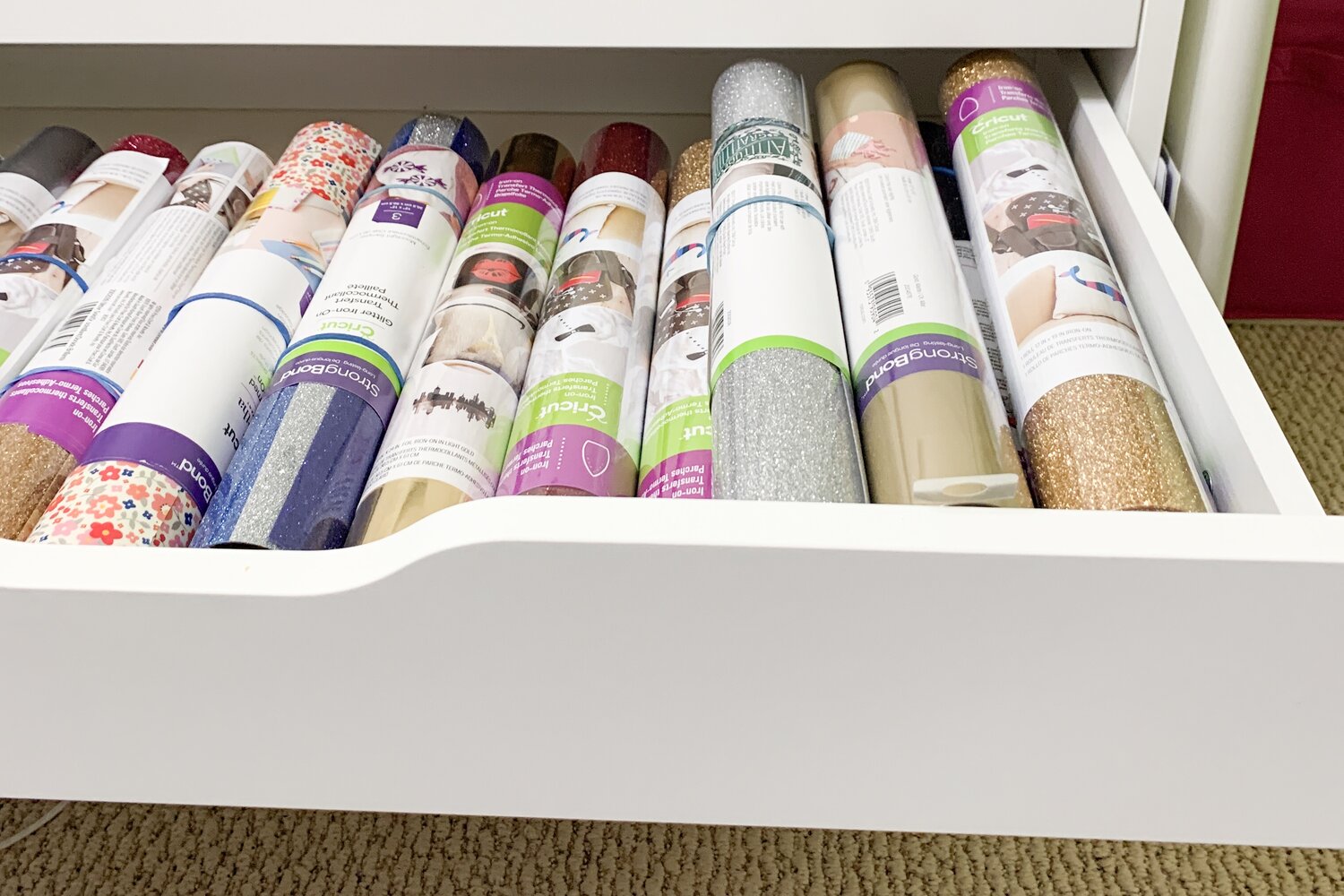
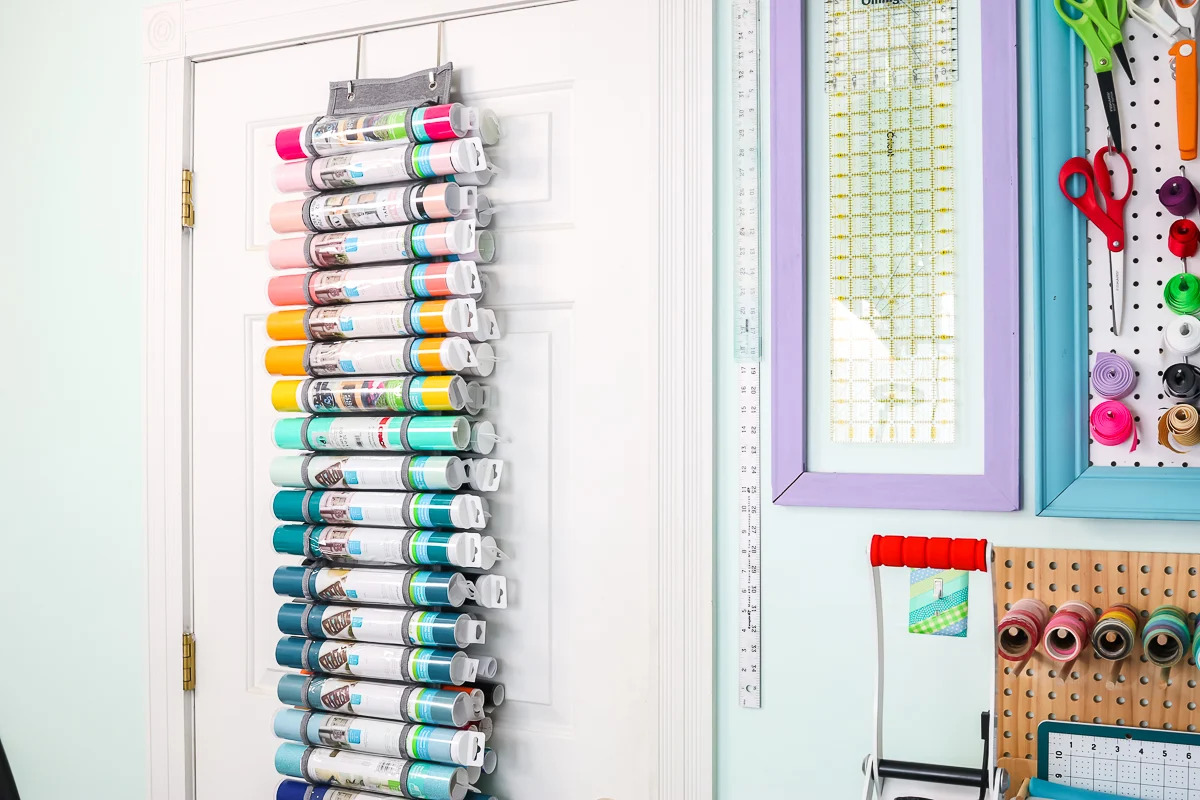
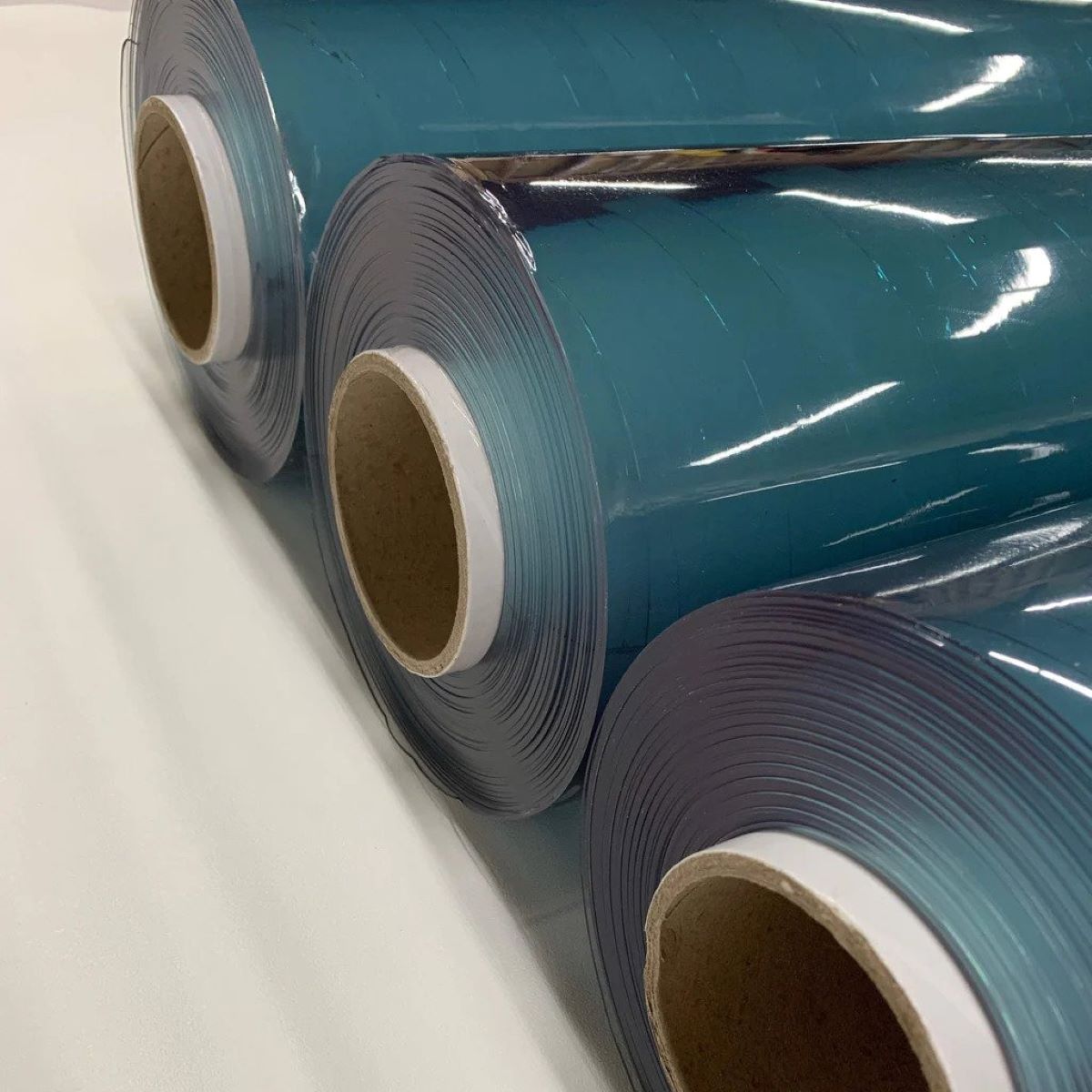
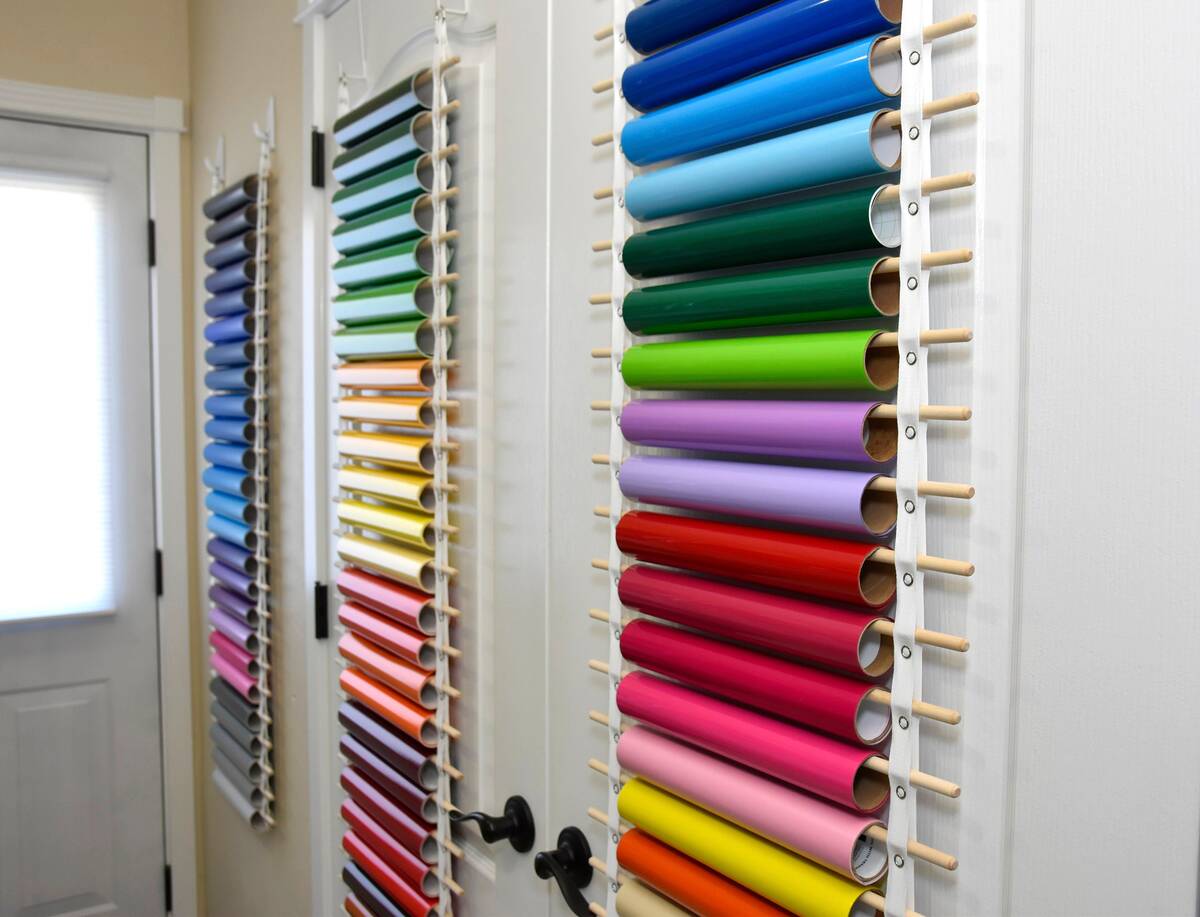
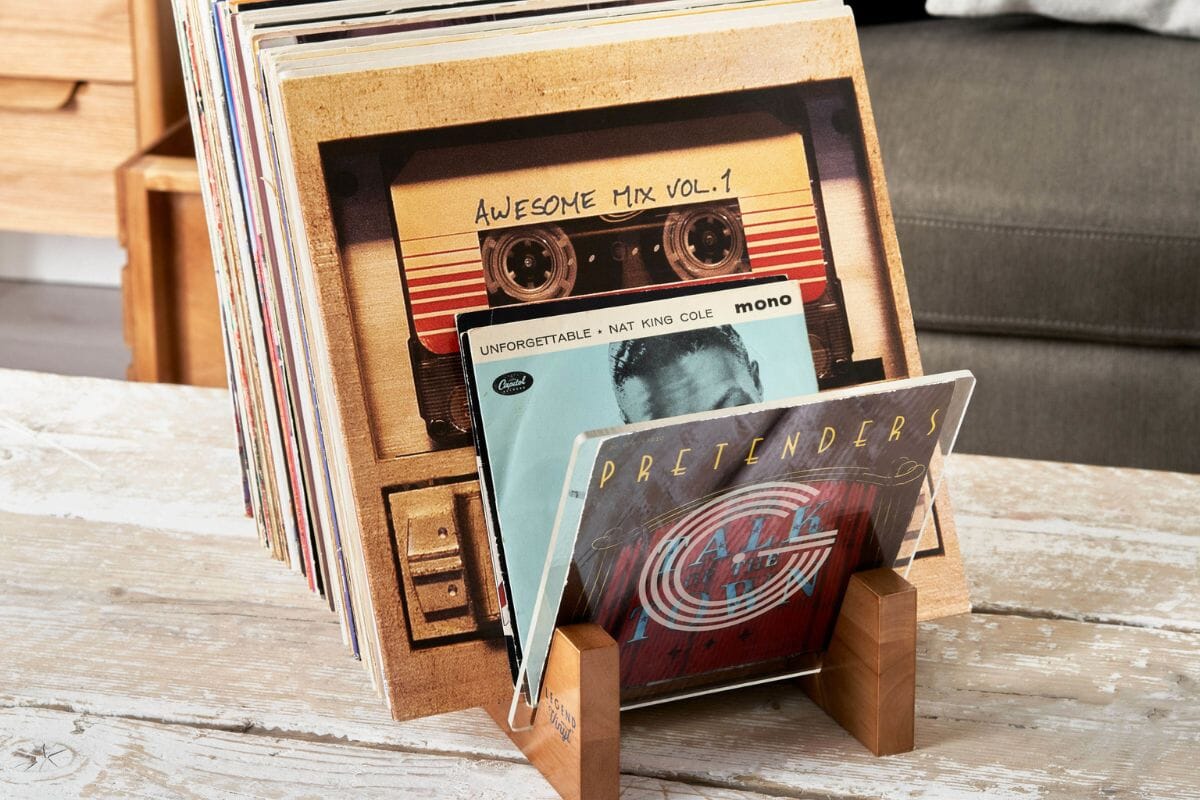
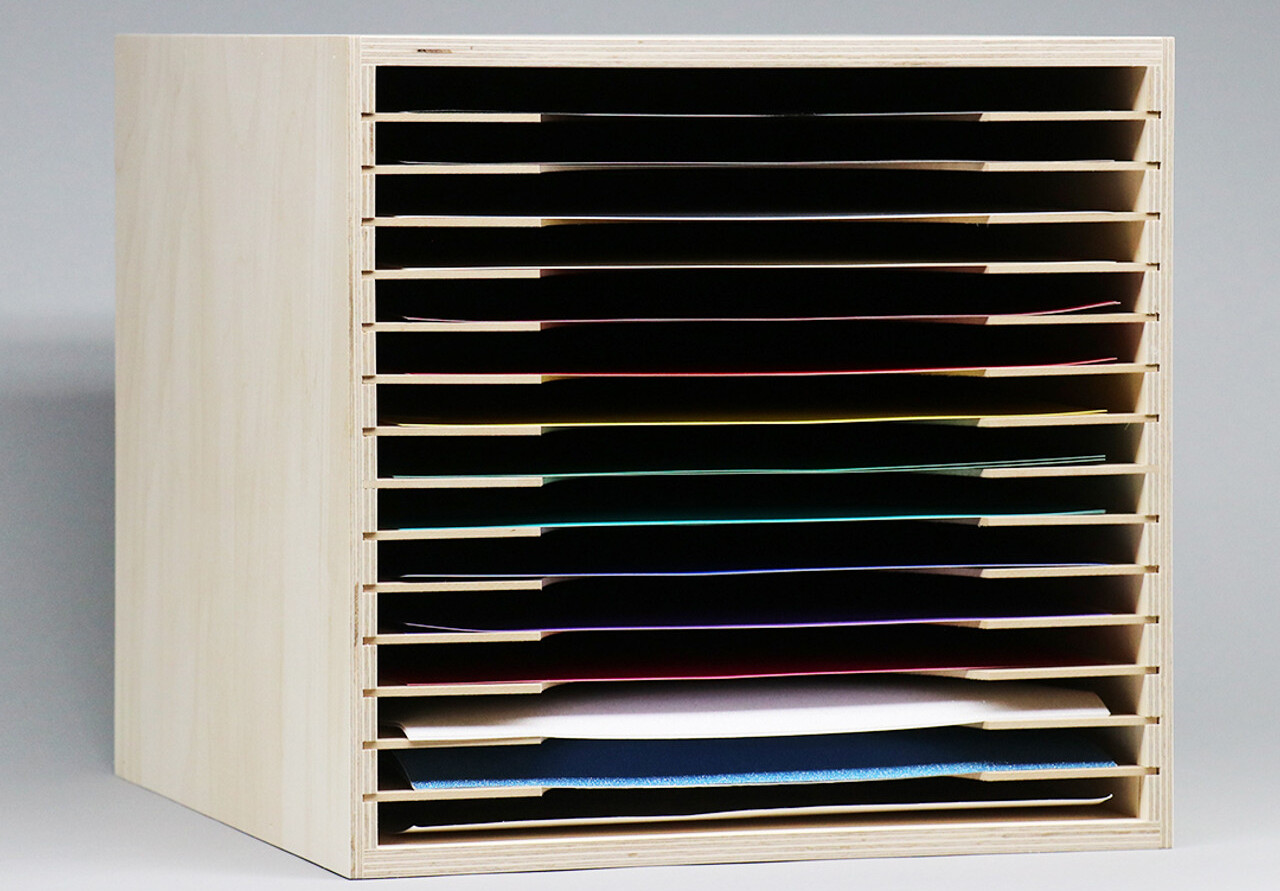
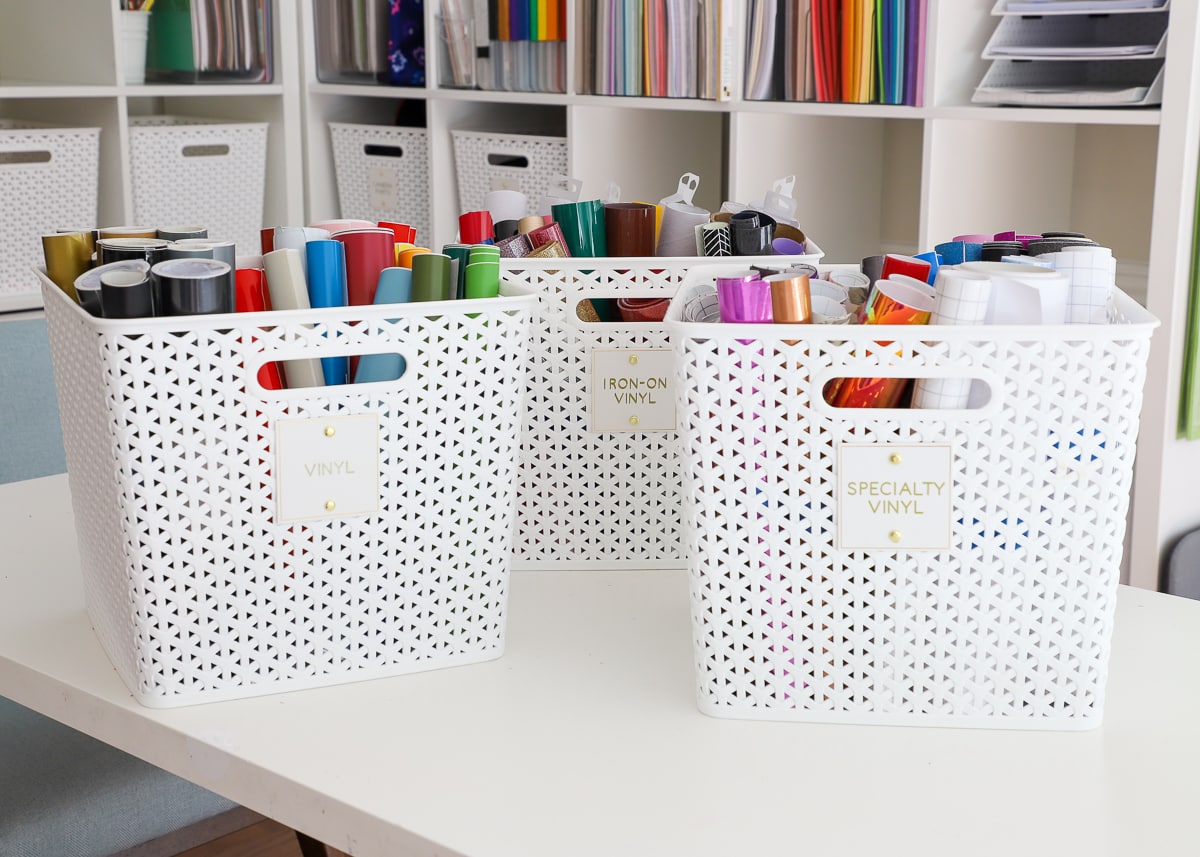
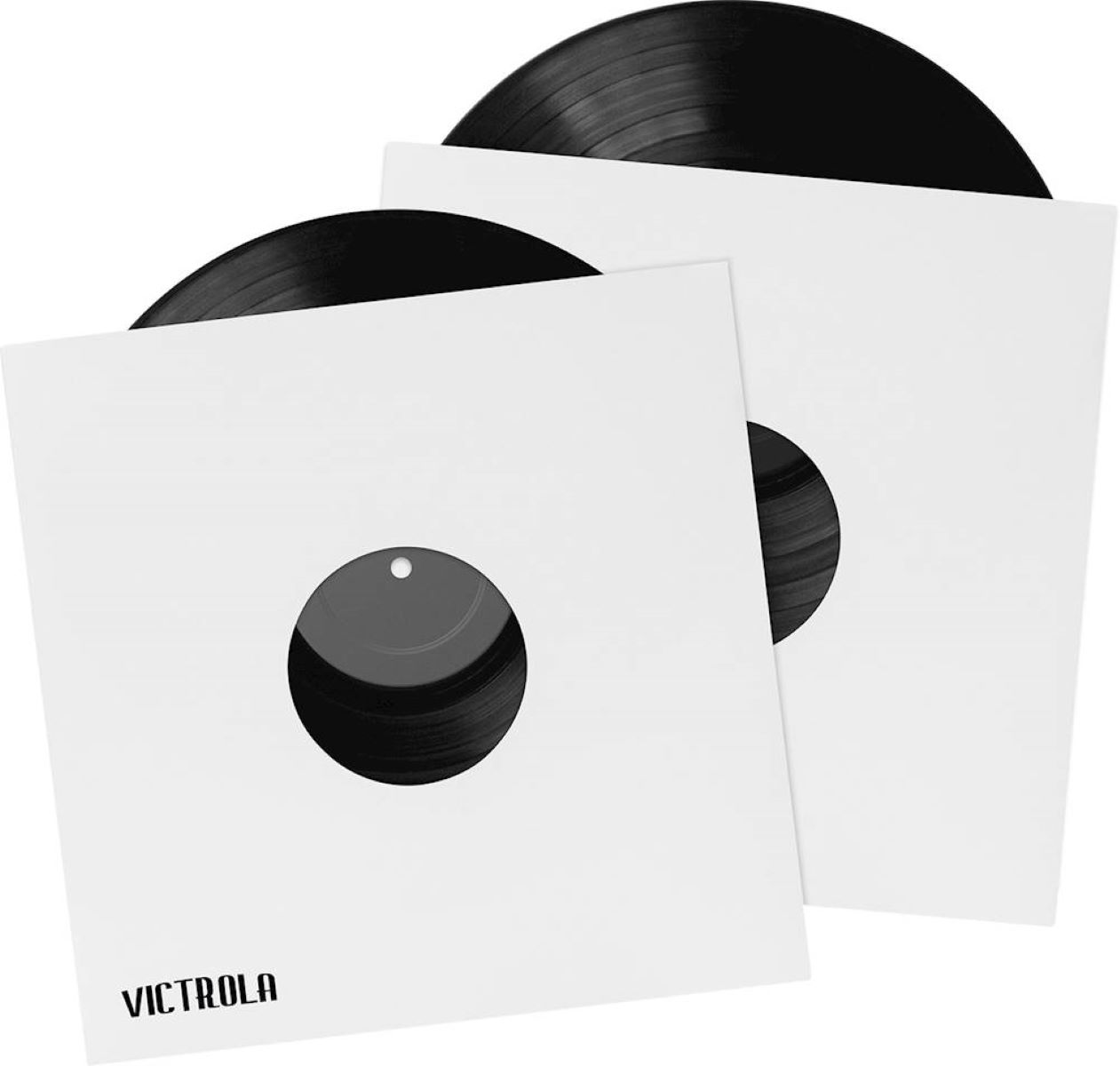
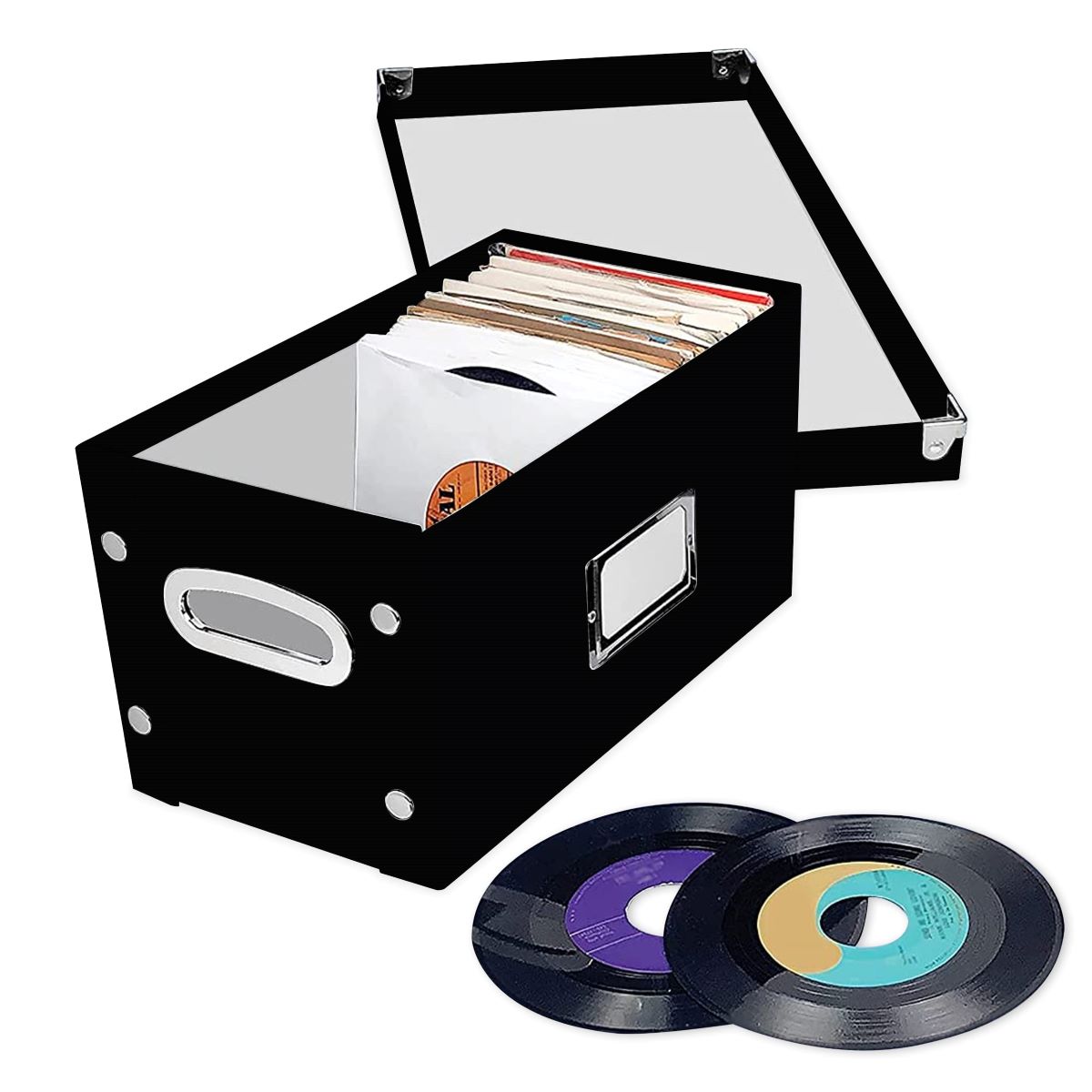
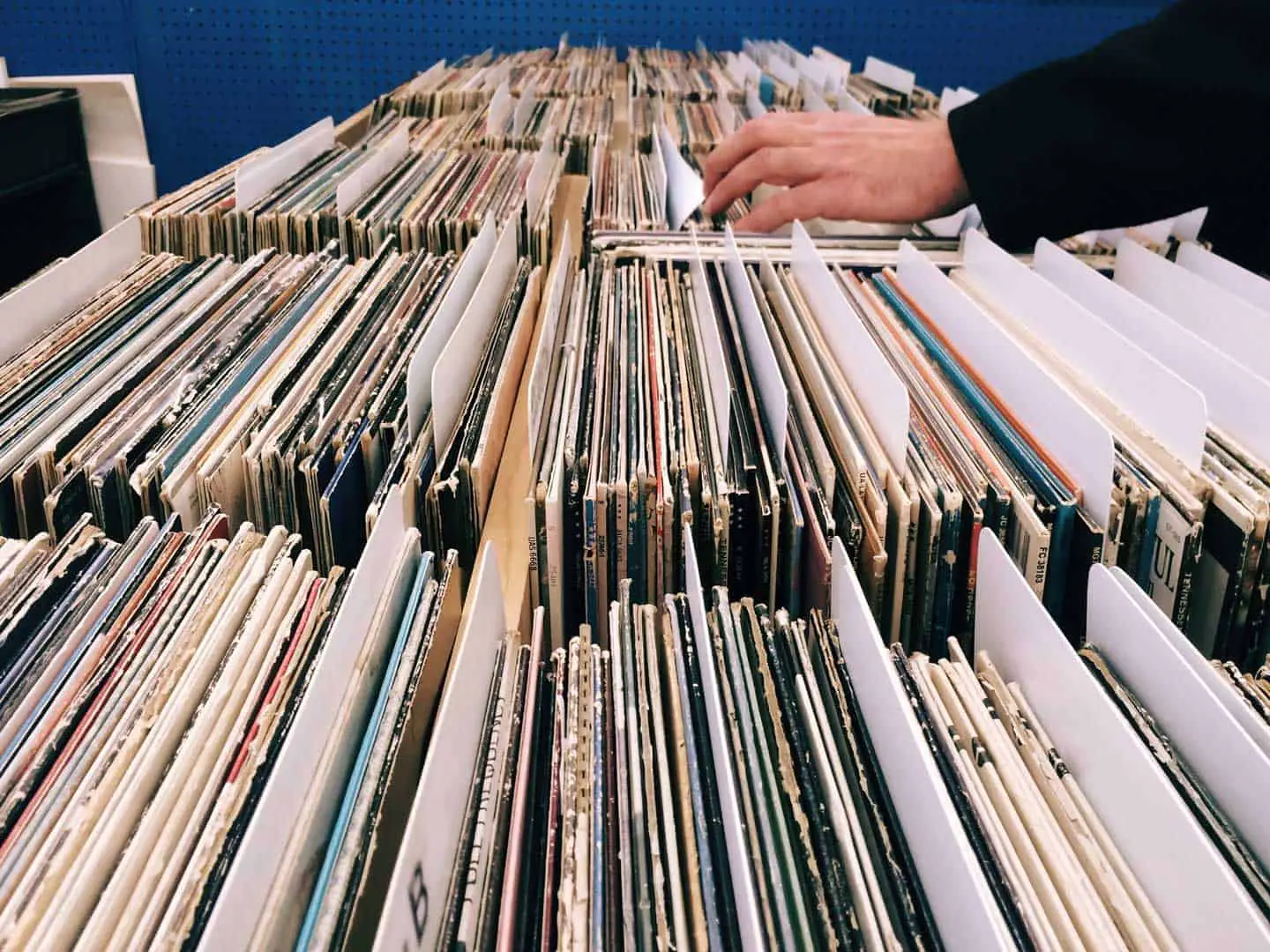
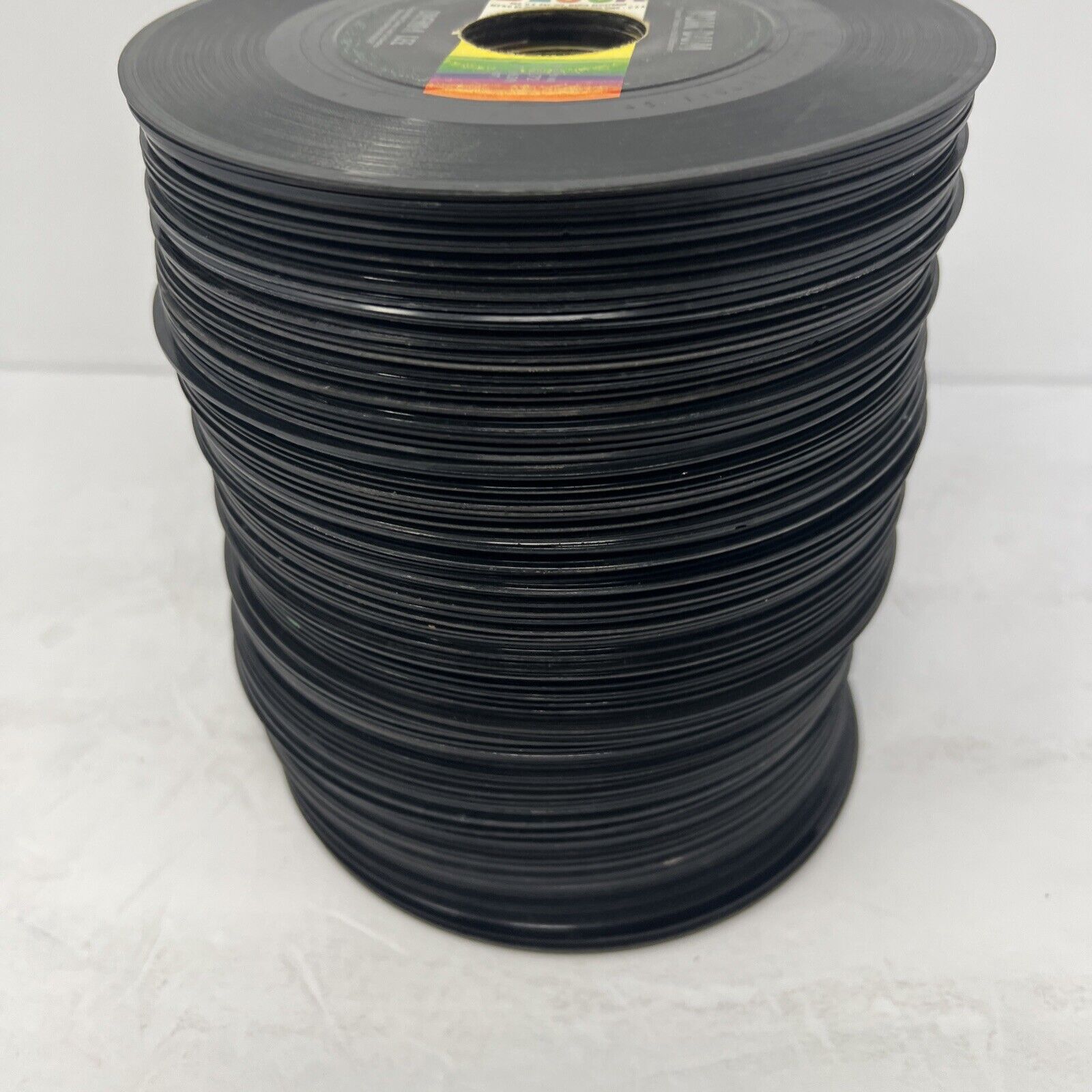
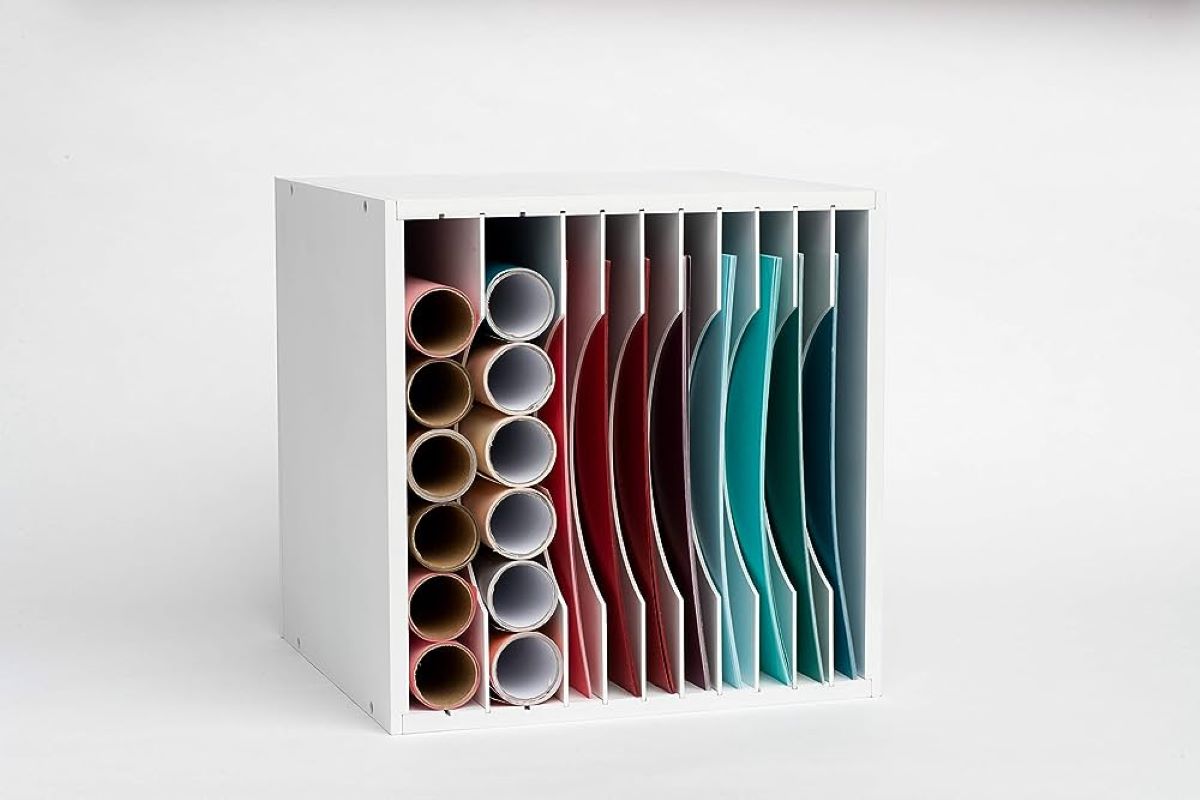
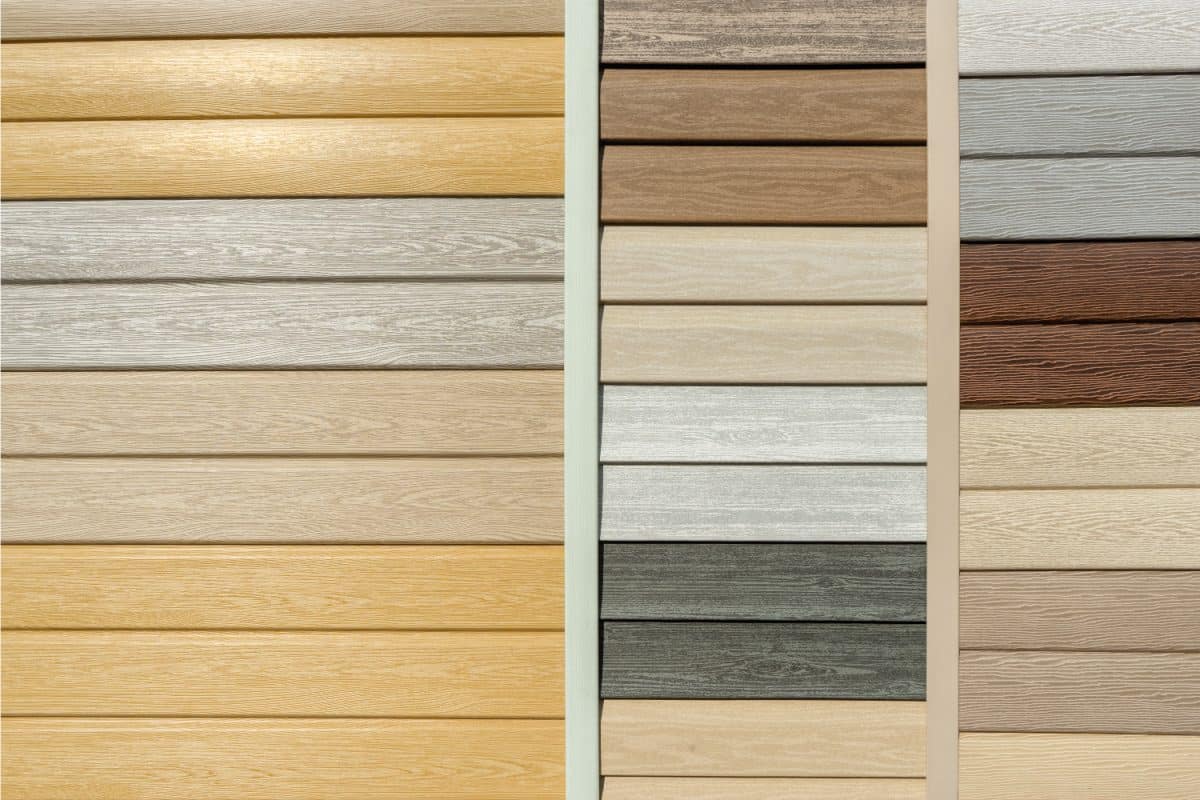
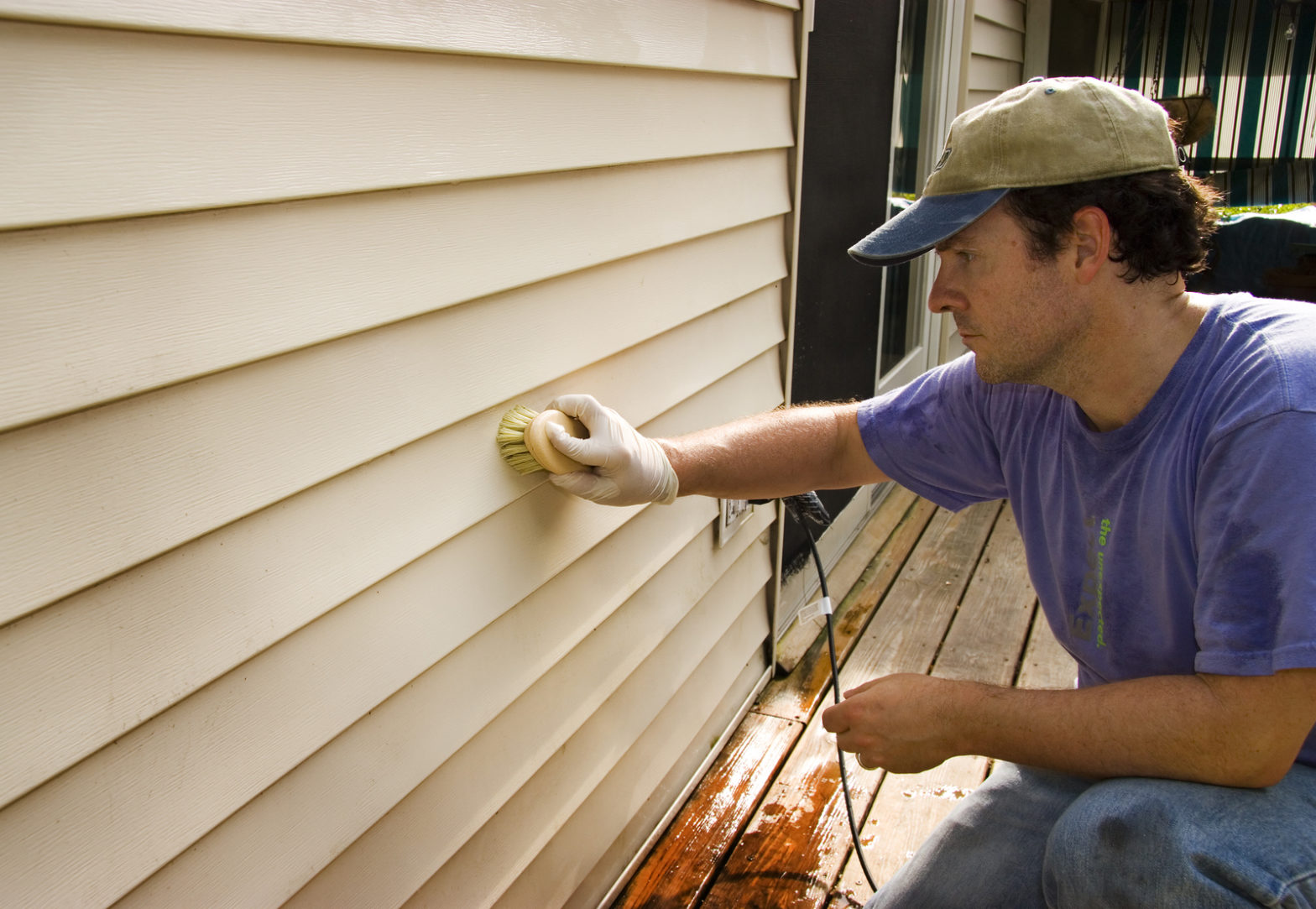

0 thoughts on “How To Store Vinyls”